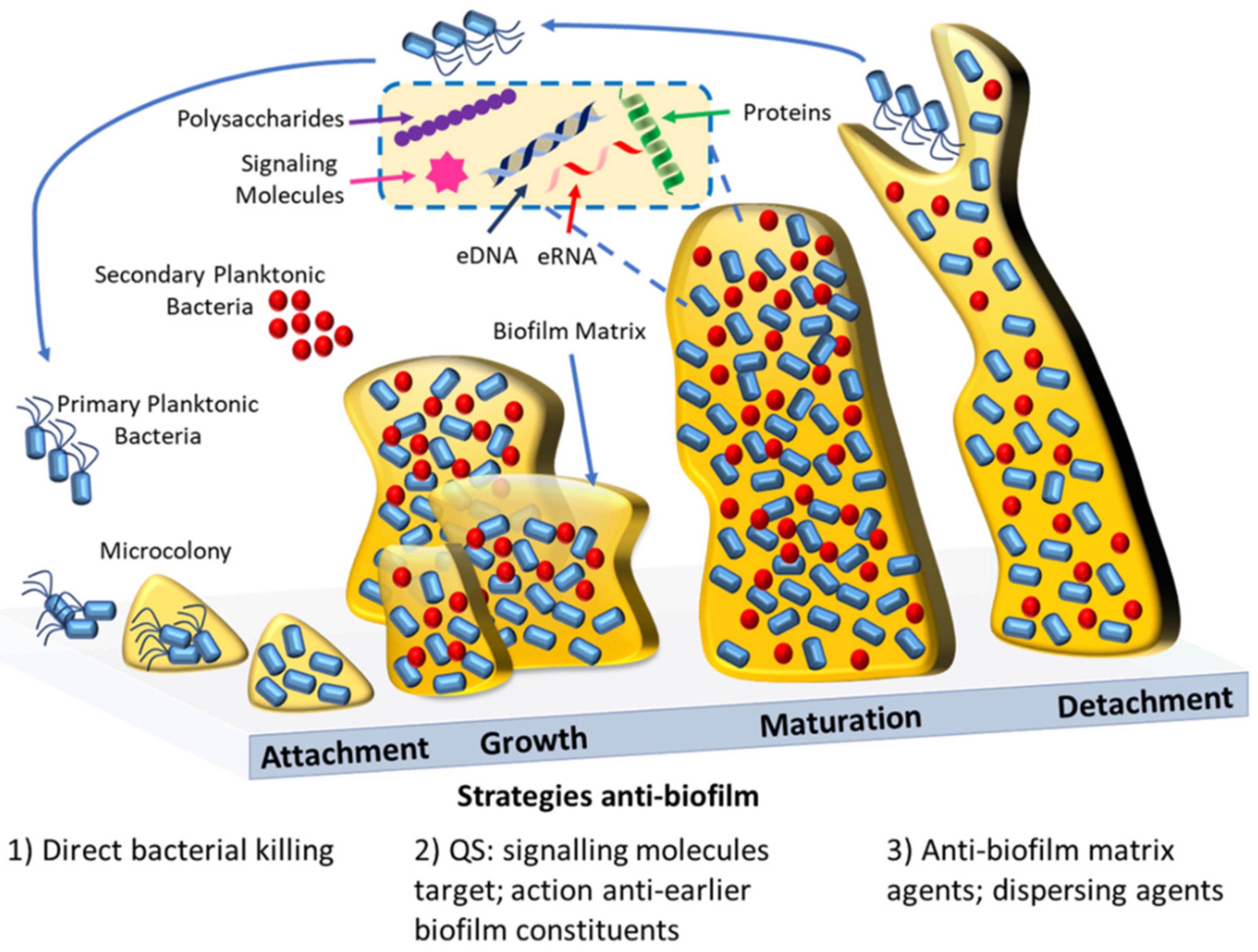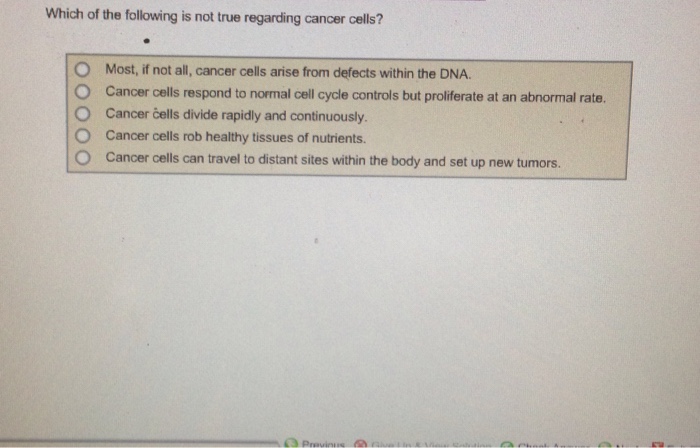The central role of enzymes as biological catalysts. What chemical is responsible for aging?
Which Substances Are Responsible For Accelerating Chemical Reactions In Cells. Which substances are responsible for accelerating chemical reactions in cells? Although rnas are capable of catalyzing some reactions, most biological reactions are catalyzed by proteins. Enzymes are proteins that serve as catalysts, speeding up the chemical. Enzymes are the catalysts for chemical reactions.
 Cellular And Molecular Features Of Edc Exposure: Consequences For The Gnrh Network | Nature Reviews Endocrinology From nature.com
Cellular And Molecular Features Of Edc Exposure: Consequences For The Gnrh Network | Nature Reviews Endocrinology From nature.com
Related Post Cellular And Molecular Features Of Edc Exposure: Consequences For The Gnrh Network | Nature Reviews Endocrinology :
A fundamental task of proteinsis to act as enzymes—catalysts that increase the rate of virtually all the chemical reactions within cells. What substances are responsible for accelerating chemical reactions in cells? Almost every cell in the human body is replaced every few years through the process of _____. Amino acids enzymes nucleic acids lipids
Contain the genetic information found in cells.
What chemical is responsible for aging? Enzymes are protein molecules that have an amazing capacity of accelerating the chemical reaction inside our cells. Expert answered| mrg |points 40465| user: Are composed of c, h,o and n atoms. The central role of enzymes as biological catalysts. Chemical reactions that occur in biological systems are referred to as metabolism.
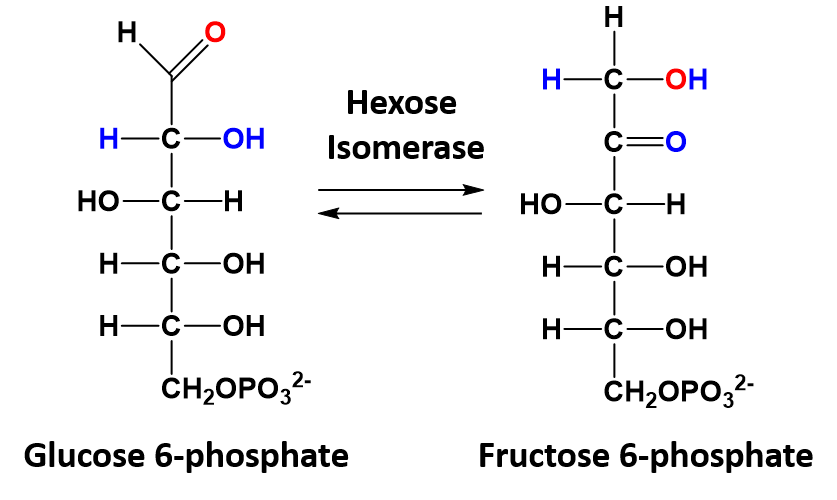 Source: wou.edu
Source: wou.edu
Chemical reactions that occur in biological systems are referred to as metabolism. Form the regulatory molecules known as enzymes. For a detailed discussion of ultrasound in synthetic organic chemistry please refer to a review by t.
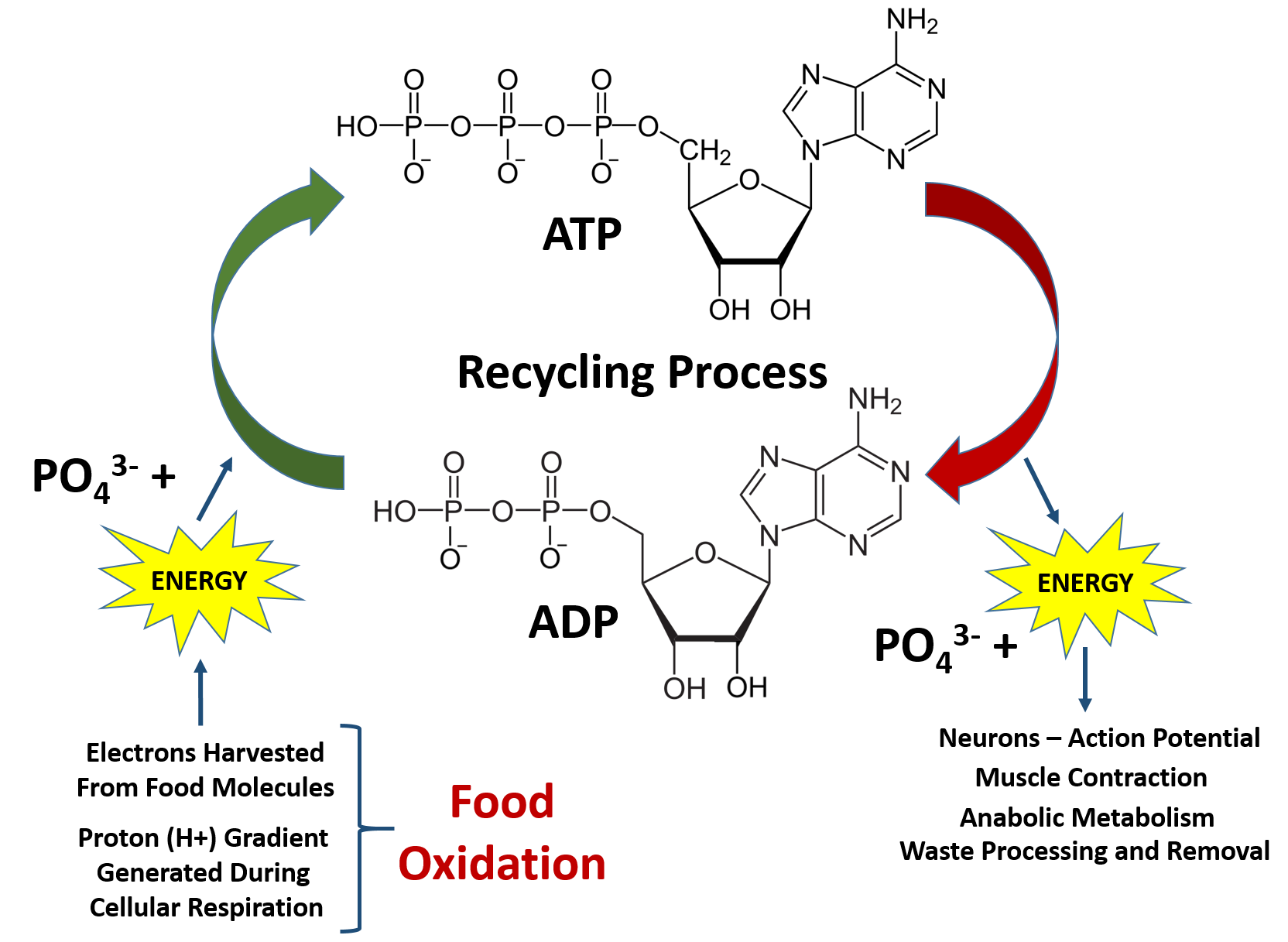 Source: wou.edu
Source: wou.edu
Are the building blocks of cellular membranes. Are the building blocks of cellular membranes. However, the potential for making improvements in many types of reaction suggests that every chemical laboratory should be equipped with at least one cleaning bath for simple trials.
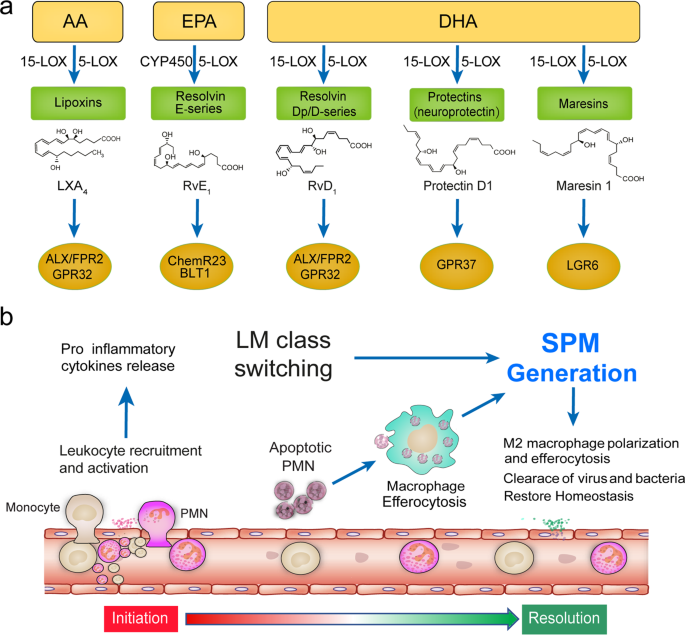 Source: nature.com
Source: nature.com
However, the potential for making improvements in many types of reaction suggests that every chemical laboratory should be equipped with at least one cleaning bath for simple trials. For a detailed discussion of ultrasound in synthetic organic chemistry please refer to a review by t. It is a very large molecule commonly created by the polymerization of smaller subunits.
 Source: chemistry-europe.onlinelibrary.wiley.com
Source: chemistry-europe.onlinelibrary.wiley.com
Catalysis, in chemistry, the modification of the rate of a chemical reaction, usually an acceleration, by addition of a substance not consumed during the reaction.the rates of chemical reactions—that is, the velocities at which they occur—depend upon a number of factors, including the chemical nature of the reacting species and the external conditions to which they are. Most important, protein enzymes function as catalysts in cells, regulating metabolism by selectively accelerating chemical reactions without being. In the absence of enzymatic catalysis, most.
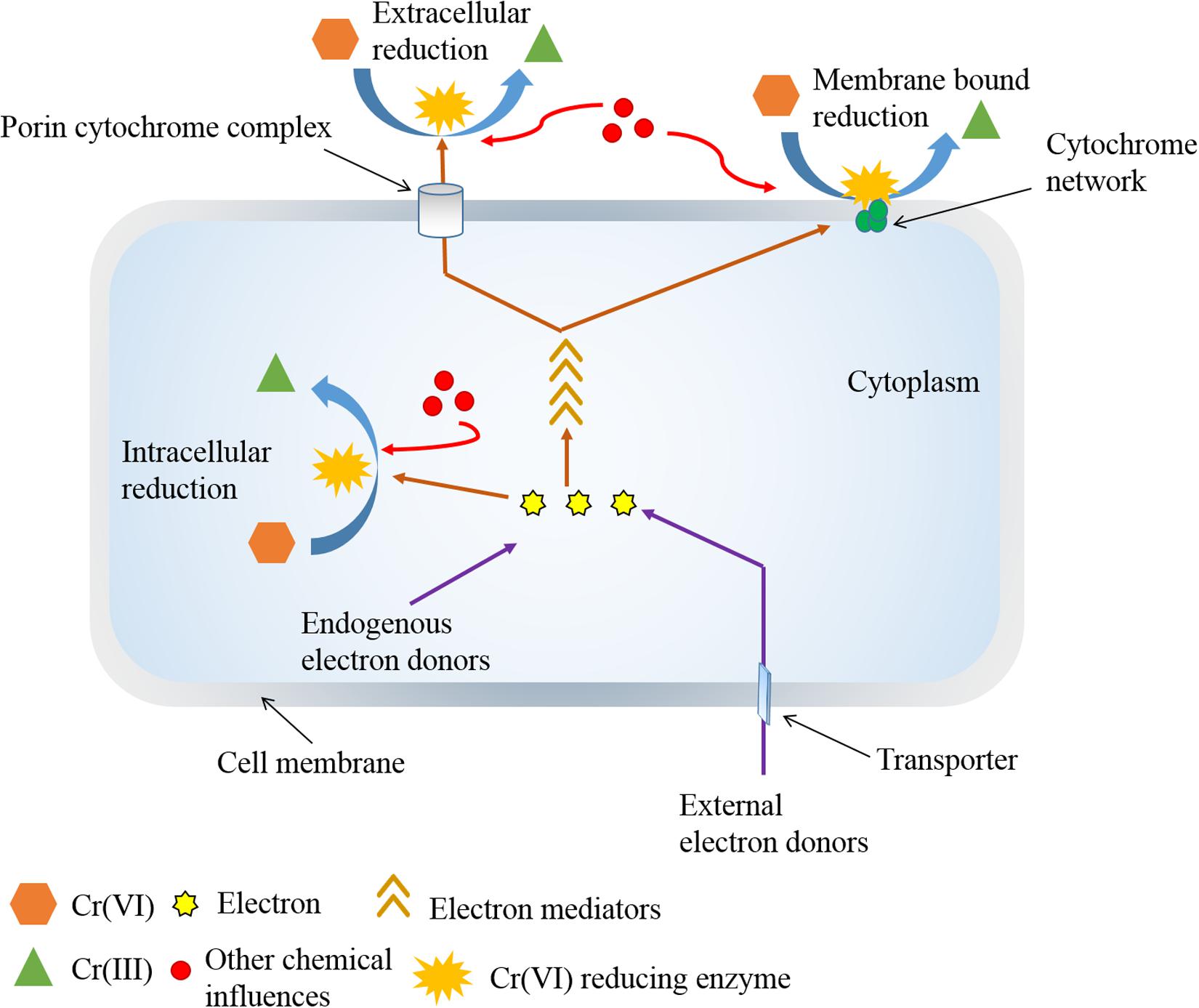 Source: frontiersin.org
Source: frontiersin.org
Chemical reactions that occur in biological systems are referred to as metabolism. A) amino acids b) enzymes c) nucleic acid d) lipids Enzymes are biochemical catalysts that increase the rate of a chemical reactions by raising the likelihood of contact between substrates, and facilitating their transition state at a lower activation energy.
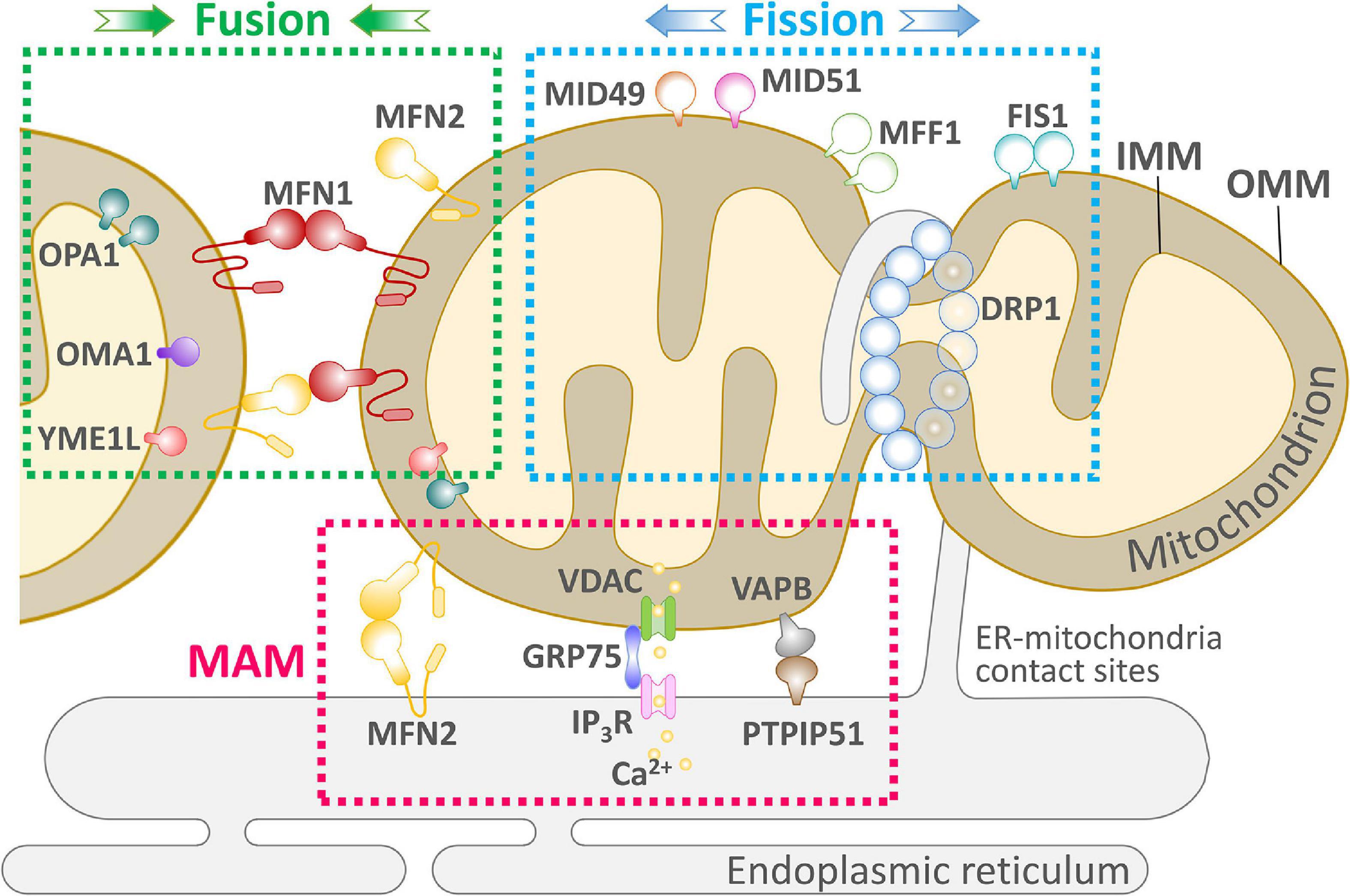 Source: frontiersin.org
Source: frontiersin.org
Dkfz researchers led by krammer and karsten gülow* have now discovered the key regulator that is responsible for shifting the sensitive balance from vital to harmful amounts of reactive oxygen molecules and thus accelerating the aging process: Chemical reactions that occur in biological systems are referred to as metabolism. Most important, protein enzymes function as catalysts in cells, regulating metabolism by selectively accelerating chemical reactions without being.
 Source: nature.com
Source: nature.com
The function of enzymes may differ depending upon their mechanism. Contain the genetic information found in cells. What substances are responsible for accelerating chemical reactions in cells?
 Source: courses.lumenlearning.com
Source: courses.lumenlearning.com
Nucleic acids lipids enzymes amino acids nucleic acids lipids enzymes amino acids weegy: Proteins that were found to be accelerating chemical processes in the cell (specialized form of catalyst) active site the region on the surface of an enzyme molecule where the substrate molecule binds and reacts with the enzyme. Expert answered| mrg |points 40465| user:
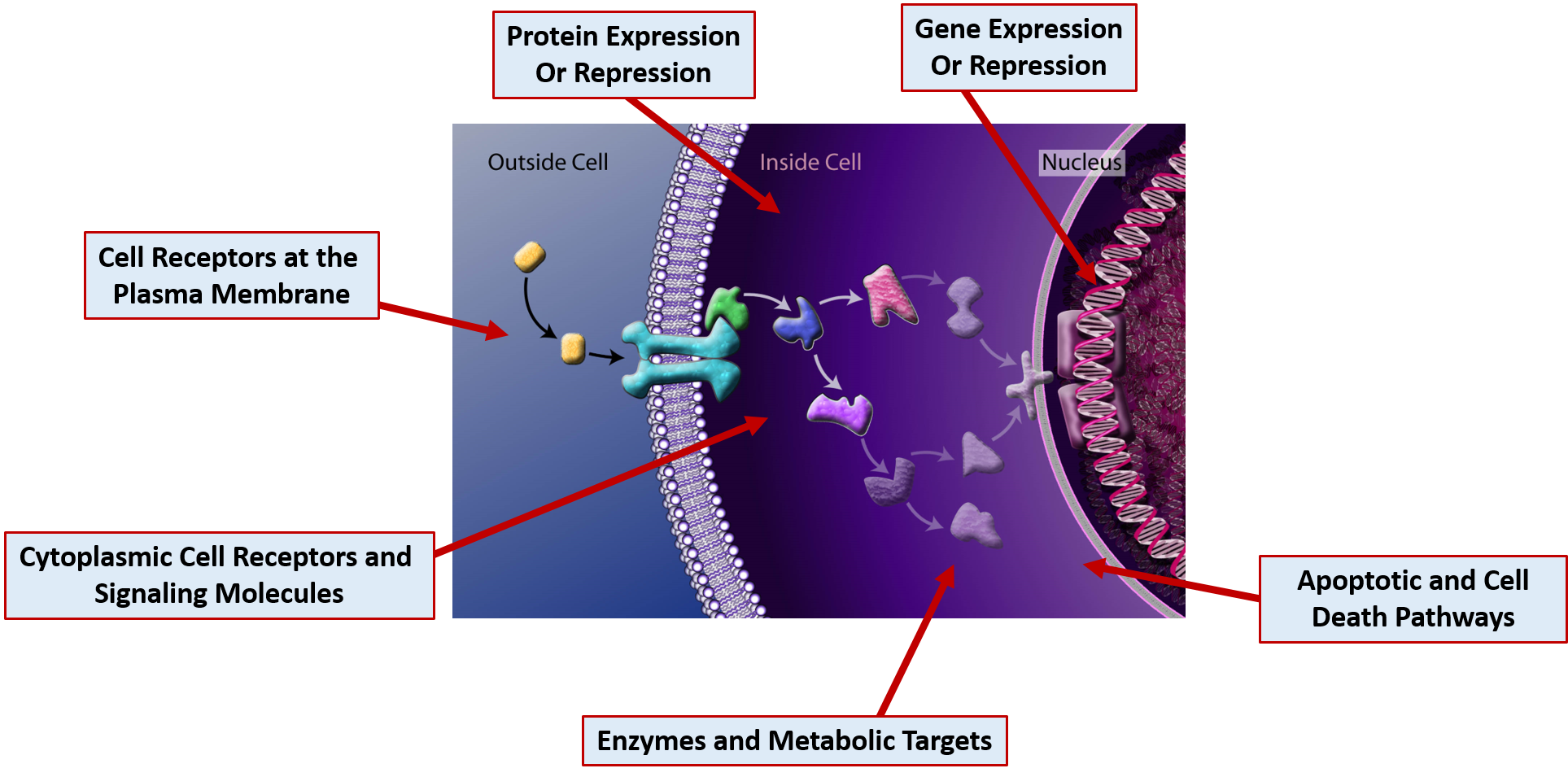 Source: wou.edu
Source: wou.edu
For a detailed discussion of ultrasound in synthetic organic chemistry please refer to a review by t. They are also helpful in accelerating the speed of a chemical reaction even without being changed after it completes the reaction. Enzymes are the catalysts for chemical reactions.
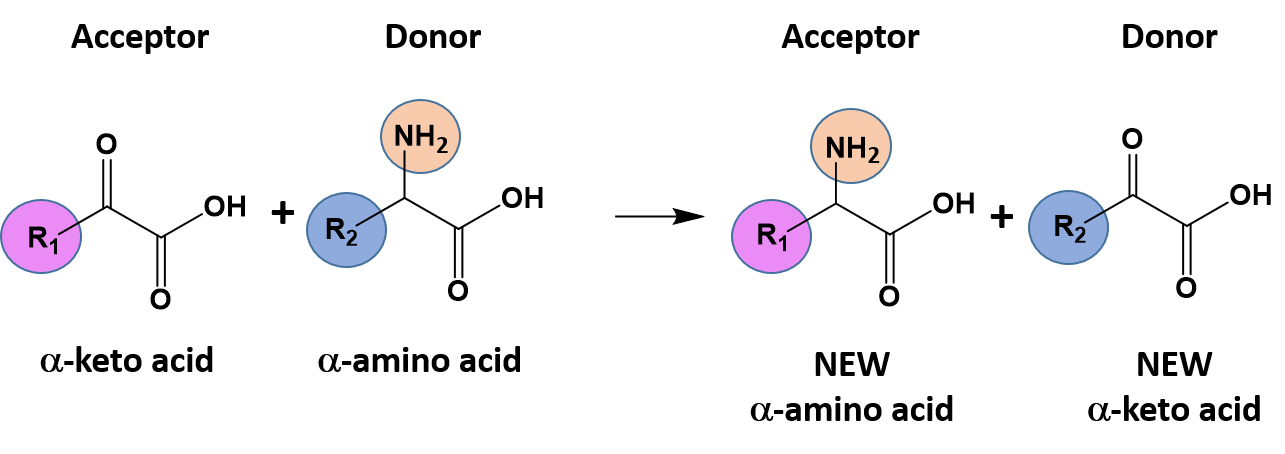 Source: wou.edu
Source: wou.edu
Different enzymes accelerate the breakdown of nutrients Enzymes are responsible for accelerating chemical reactions in cells. For a detailed discussion of ultrasound in synthetic organic chemistry please refer to a review by t.
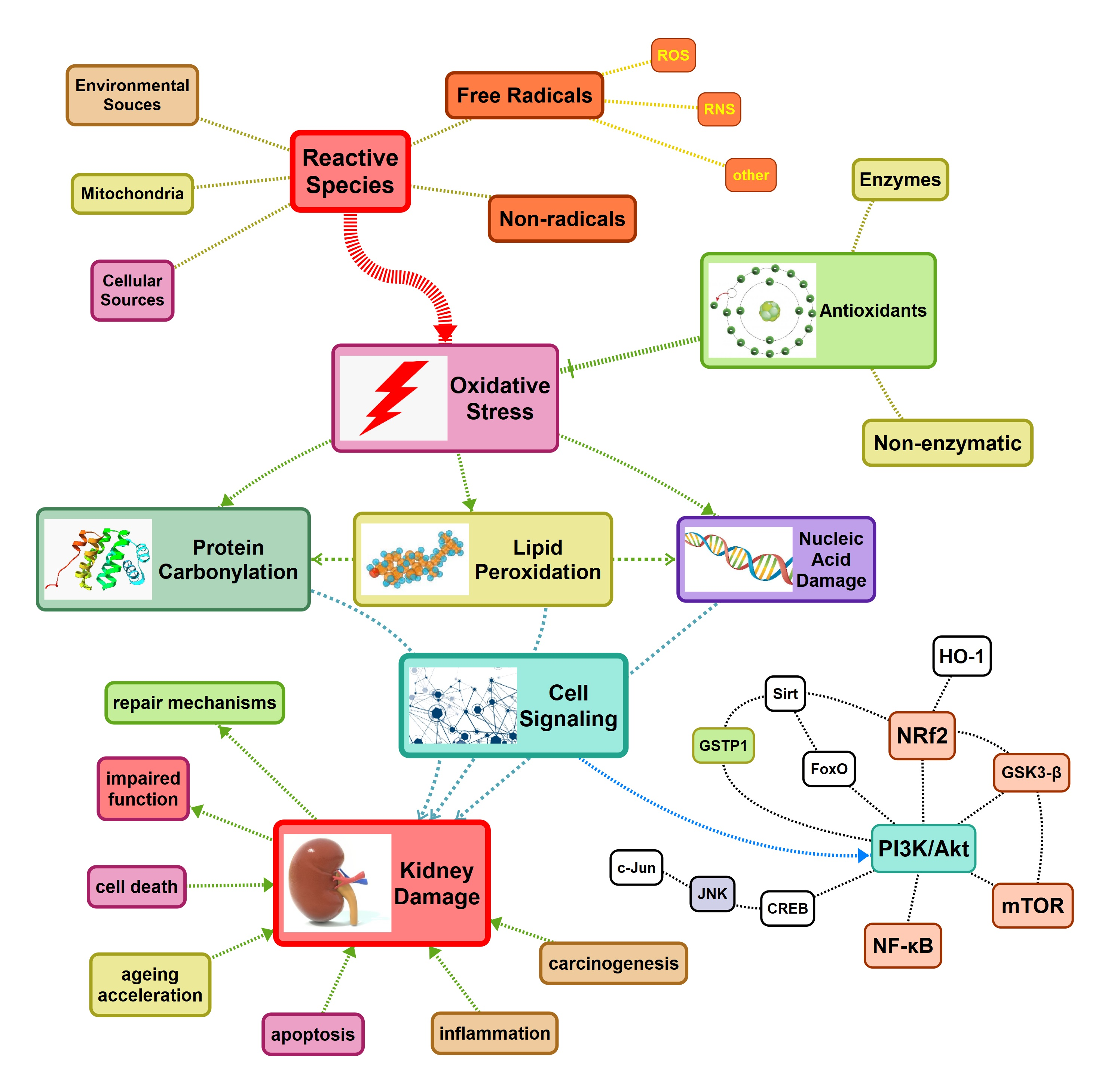 Source: mdpi.com
Source: mdpi.com
A protein molecule that accelerates the rate of a chemical reaction without itself being changed in digestion, enzymes accelerate the breakdown of nutrients. It is a very large molecule commonly created by the polymerization of smaller subunits. They are also helpful in accelerating the speed of a chemical reaction even without being changed after it completes the reaction.
 Source: mdpi.com
Source: mdpi.com
Amino acids enzymes nucleic acids lipids Most important, protein enzymes function as catalysts in cells, regulating metabolism by selectively accelerating chemical reactions without being. Protein functions include structural support, storage, transport, cellular signaling, movement, and defense against foreign substances.
 Source: slideplayer.com
Source: slideplayer.com
Mitochondrion a chemical substance composed of atoms of two or more distinct elements chemically bonded to one another is called a A protein molecule that accelerates the rate of a chemical reaction without itself being changed in digestion, enzymes accelerate the breakdown of nutrients. These reactions help cells assemble and dissemble material as well as grow and reproduce.
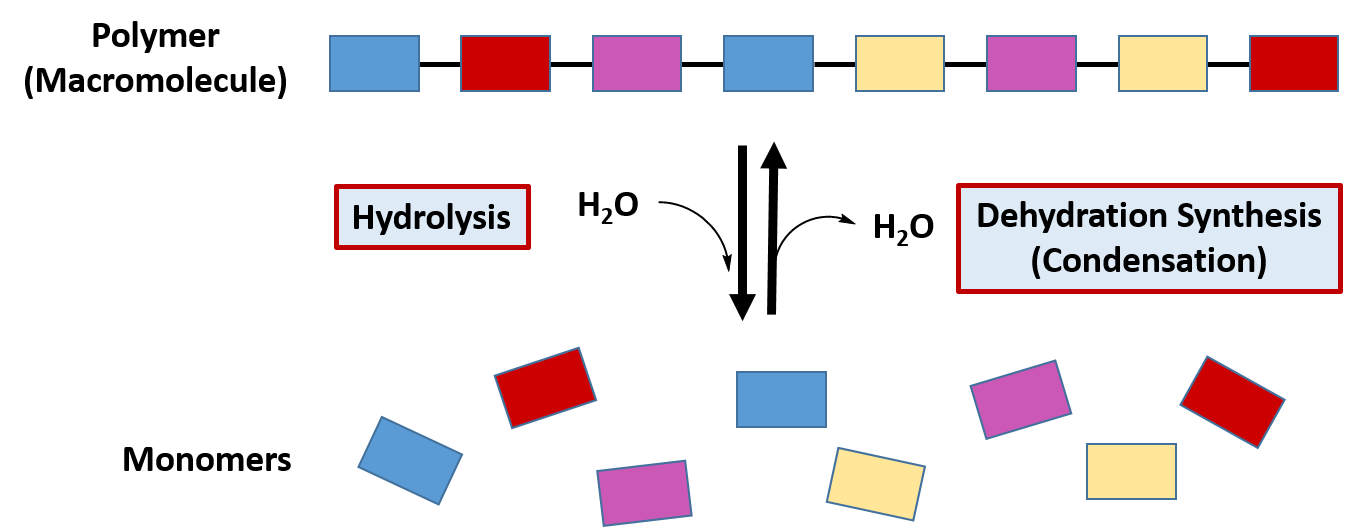 Source: wou.edu
Source: wou.edu
Most important, protein enzymes function as catalysts in cells, regulating metabolism by selectively accelerating chemical reactions without being. Protein functions include structural support, storage, transport, cellular signaling, movement, and defense against foreign substances. Contain the genetic information found in cells.
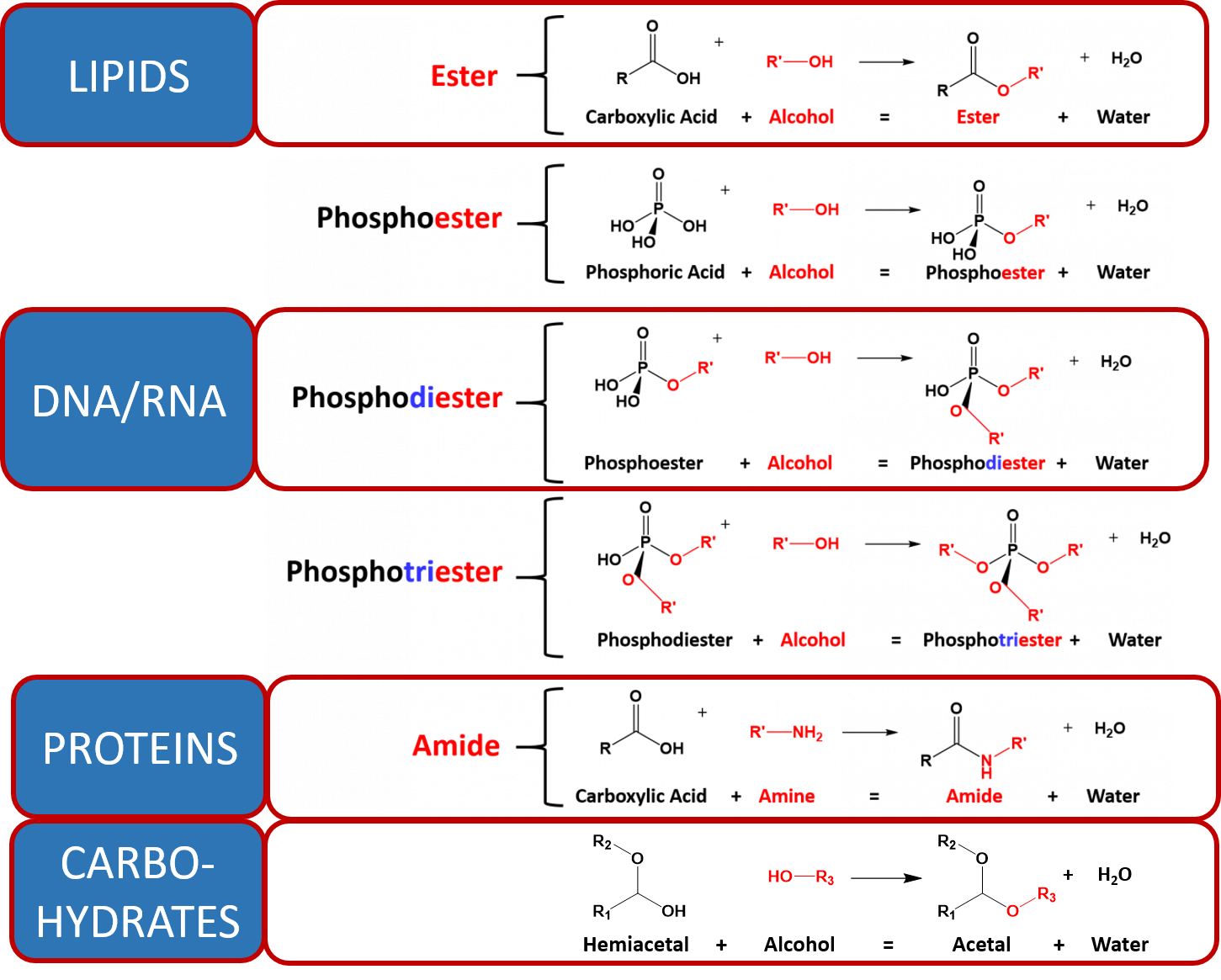 Source: wou.edu
Source: wou.edu
Are composed of c, h,o and n atoms. Catalysis, in chemistry, the modification of the rate of a chemical reaction, usually an acceleration, by addition of a substance not consumed during the reaction.the rates of chemical reactions—that is, the velocities at which they occur—depend upon a number of factors, including the chemical nature of the reacting species and the external conditions to which they are. Scientists use the term bioenergetics to describe the concept of energy flow through living systems, such as cells.cellular processes such as the building and breaking down of complex molecules occur through stepwise chemical reactions.some of these chemical reactions are spontaneous and release energy, whereas others require energy to proceed.
 Source: sciencedirect.com
Source: sciencedirect.com
Lysozyme is an enzyme that catalyzes the cutting of polysaccharide chains in the cell walls of bacteria. Enzymes are protein molecules that have an amazing capacity of accelerating the chemical reaction inside our cells. Proteins that were found to be accelerating chemical processes in the cell (specialized form of catalyst) active site the region on the surface of an enzyme molecule where the substrate molecule binds and reacts with the enzyme.
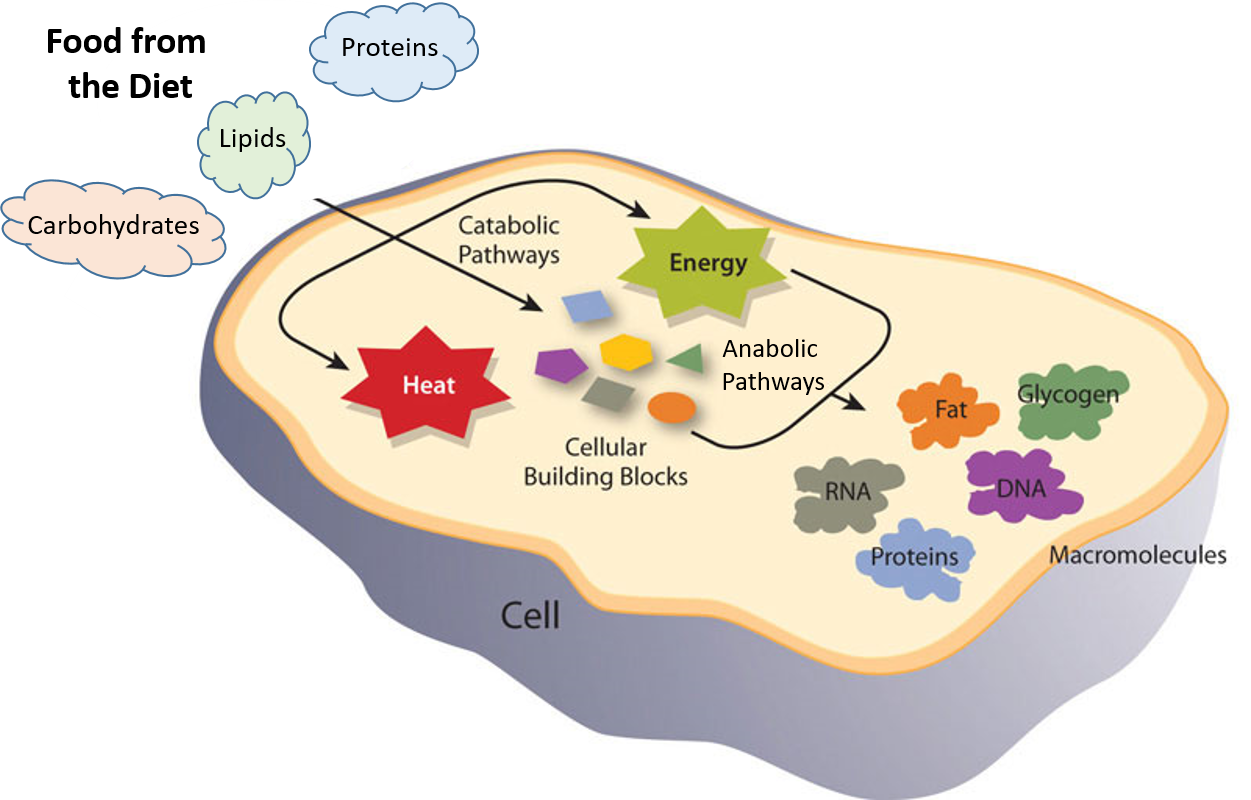 Source: wou.edu
Source: wou.edu
Proteins that were found to be accelerating chemical processes in the cell (specialized form of catalyst) active site the region on the surface of an enzyme molecule where the substrate molecule binds and reacts with the enzyme. In the absence of enzymatic catalysis, most. The macromolecule is a large complex molecule, such as nucleic acid, proteins, carbohydrates, and lipids, which relatively large have larger molecular weight.
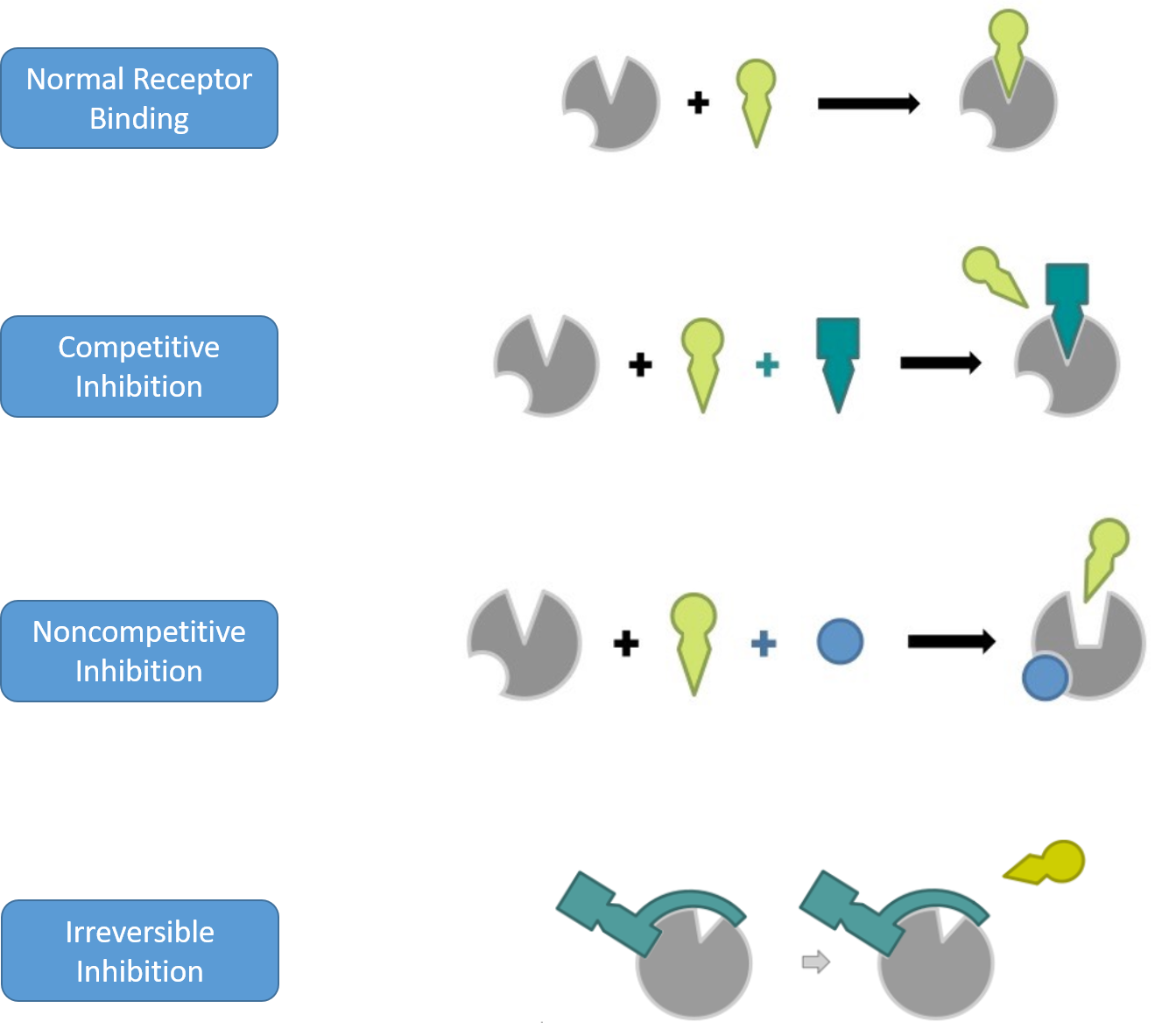 Source: wou.edu
Source: wou.edu
Catalysts are substances are responsible for accelerating chemical reactions in cells. What substances are responsible for accelerating chemical reactions in cells? These reactions help cells assemble and dissemble material as well as grow and reproduce.
 Source: chemistry-europe.onlinelibrary.wiley.com
Source: chemistry-europe.onlinelibrary.wiley.com
Enzymes are proteins that serve as catalysts, speeding up the chemical. They are also helpful in accelerating the speed of a chemical reaction even without being changed after it completes the reaction. What chemical is responsible for aging?
 Source: sciencedirect.com
Source: sciencedirect.com
For a detailed discussion of ultrasound in synthetic organic chemistry please refer to a review by t. Almost every cell in the human body is replaced every few years through the process of _____. It is a very large molecule commonly created by the polymerization of smaller subunits.
Also Read :
